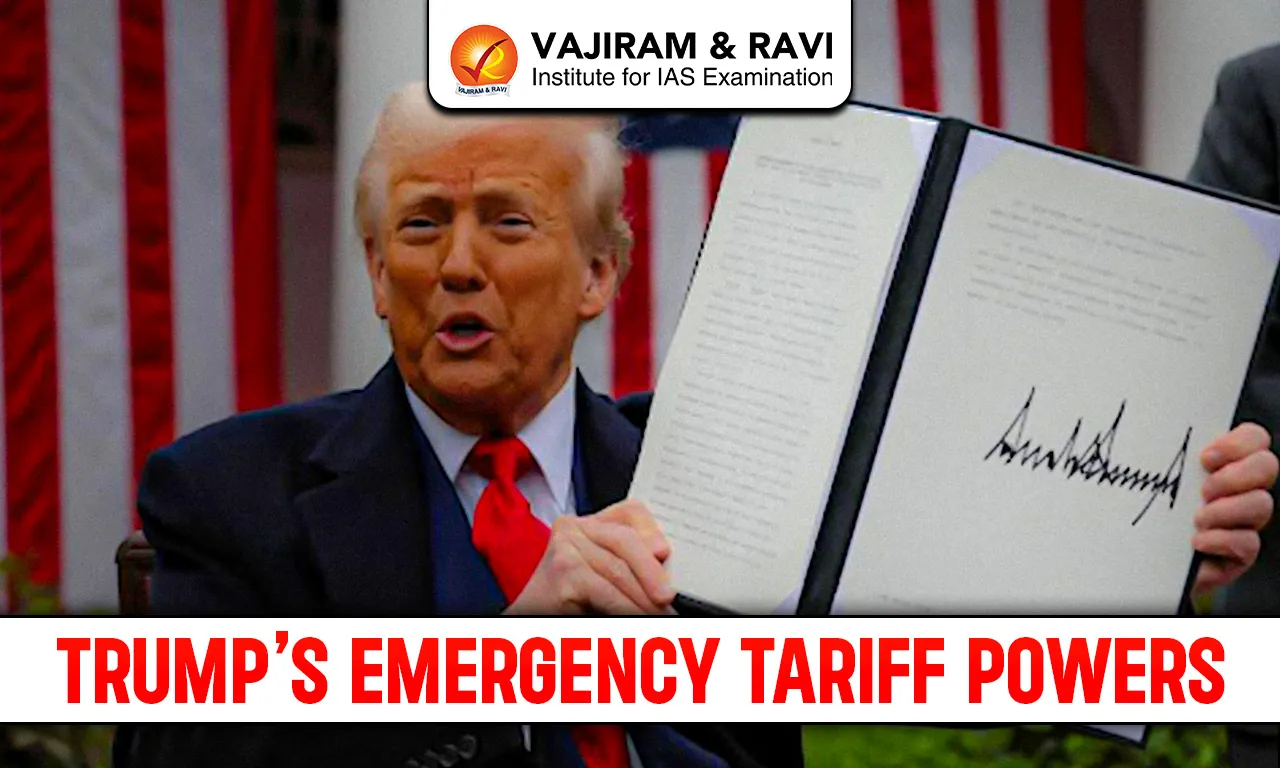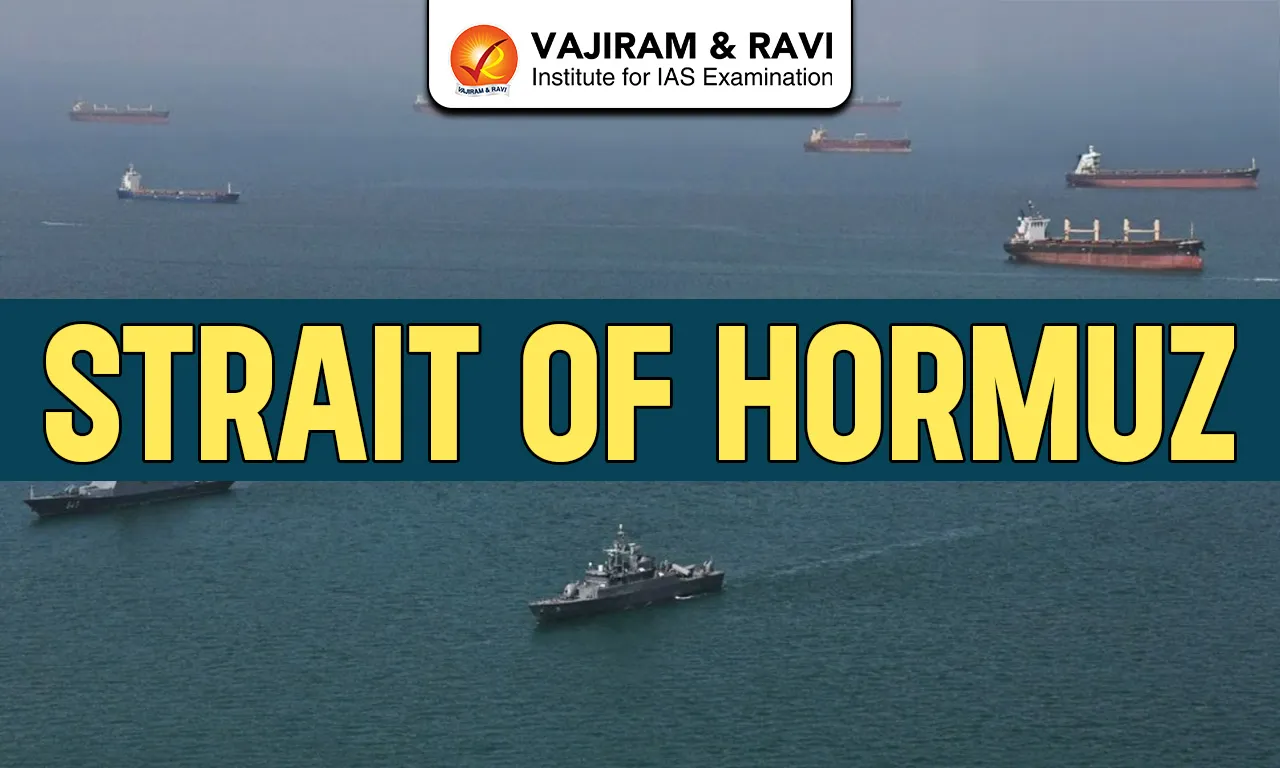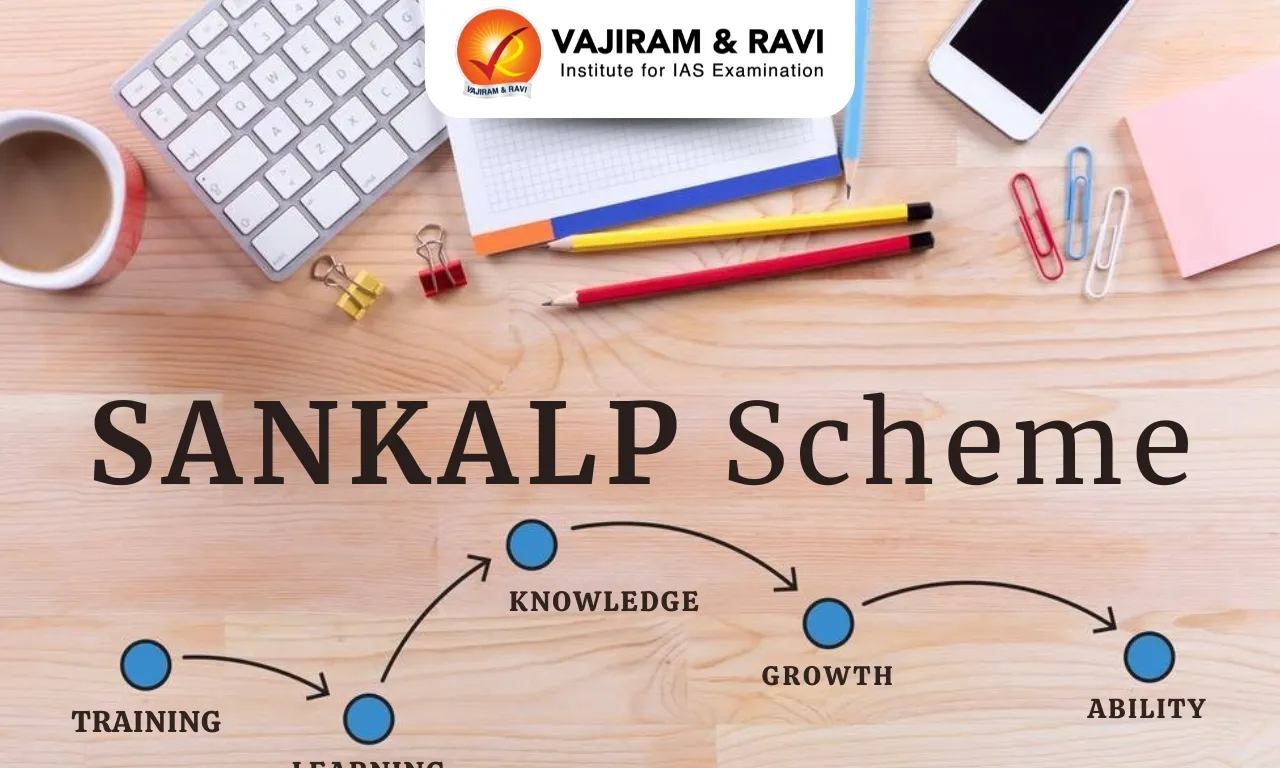What’s in today’s article?
- Why in news?
- International Criminal Court (ICC)
- What is the ICC?
- How does the ICC function?
- News Summary: Russian President Putin won’t travel to South Africa for BRICS summit
- Background
- Does the ICC have the authority to prosecute President Putin?
- Is there a risk of arrest for Putin outside Russia?
Why in news?
- Russian President Vladimir Putin will not travel to South Africa to attend the upcoming BRICS summit.
- BRICS brings together five major emerging economies namely Brazil, Russia, India, China, South Africa.
- It comprises 42 percent of the world’s population, 23 percent of the global GDP and around 17 percent of the share and world trade.
- South Africa is the President of this year’s BRICS summit.
- This announcement resolved a difficult situation for South Africa, which would have been theoretically obligated to arrest Putin for alleged war crimes if he had arrived in its jurisdiction.
- In March 2023, the International Criminal Court issued a warrant against Mr. Putin.
- The action of the ICC put South Africa in a difficult position as it is expected to carry out its obligations as an ICC member.
International Criminal Court (ICC)
What is the ICC?
- About
- The International Criminal Court is a permanent court to prosecute serious international crimes committed by individuals.
- It tries crimes such as genocide, war crimes, crimes against humanity, and aggression.
- The court was established to fight global impunity and bring to justice criminals under international law, regardless of their rank or stature.
- It is different from the United Nations’ International Court of Justice, also at The Hague.
- HQ
- The Hague, The Netherlands
- Statute
- Before the ICC became functional in 2002, its founding treaty was adopted by the UN General Assembly in 1998 in Rome, Italy, thereby making it the Rome Statute.
- Membership
- To become a member of the ICC or State party to the Rome Statute, countries have to sign the statute and ratify it under their respective legislatures.
- 123 countries are currently members of the ICC, with African countries making up the largest bloc.
- Notably, countries including India, China, Iraq, North Korea and Turkey never signed the Rome Statute.
- Others including the US, Russia, Israel and Syria signed, but never ratified it.
How does the ICC function?
- Judges & Prosecutors
- The court carries out its investigations through the Office of the Prosecutor and has 18 judges.
- Both the judges and prosecutors hold non-renewable nine-year terms.
- Process
- There are pre-trial, trial, and appellate benches in the ICC.
- The prosecutor conducts a preliminary examination in a matter, before seeking permission from pre-trial judges to open a full investigation.
- The initial examination must conclude that the crimes in question are of sufficient gravity.
- Ways to open investigations
- The prosecutor can open an investigation in three ways:
- when a case is referred by a member country in its own territory;
- when a case is referred by the UN Security Council; and
- when the prosecutor takes up a case proprio motu or on his own.
- Non-member states can also be investigated in three ways:
- if alleged crimes were perpetrated by non-members in member states,
- if the non-members accept the court’s jurisdiction, or
- when the Security Council authorises it.
- The prosecutor can open an investigation in three ways:
News Summary: Russian President Putin won’t travel to South Africa for BRICS summit
Background
- In March 2023, the ICC announced an arrest warrant for Russian President Putin on the war crime accusation of unlawfully deporting Ukrainian children.
- It is alleged that more than 16,000 Ukrainian children have been deported to Russia since the February 24, 2022 invasion.
- This created a difficult situation for South Africa.
- South Africa assumes the chairmanship of BRICS this year and head of the states of all the member countries would travel to the country to attend the summit which will be held in August.
- Being a member of ICC, South Africa is in theory obligated to execute the warrant for arrest.
- South Africa had earlier sought an exemption from the obligation, arguing that arresting Putin would amount to a declaration of war, and could potentially scupper the efforts to end the fighting in Ukraine.
- Now, the Russian President decided not to attend the summit in person (he will participate in the summit through video conference).
Does the ICC have the authority to prosecute President Putin?
- Russia has repeatedly said that it does not.
- The ICC’s jurisdiction is limited to offences that occurred after it came into existence on July 1, 2002, and were committed either in a country that has ratified the agreement, or by a national of a country that has ratified the agreement.
- Russia is not one of the 123 States Parties to the Rome Statute that recognise the authority of the ICC.
- The United States isn’t a signatory either, and it has over the years repeatedly and aggressively denounced the ICC.
- China and India too do not recognise the ICC’s jurisdiction.
- Even Ukraine is not a State Party to the Rome Statute.
- However, in 2014, Ukraine accepted the jurisdiction of the Court over alleged crimes committed on its territory from 21 November 2013 to 22 February 2014.
- Again, in 2015, it accepted the ICC’s jurisdiction from 20 February 2014 onwards, with no end date.
Is there a risk of arrest for Putin outside Russia?
- Only if he travels to a State Party to the ICC — like South Africa — and only in theory.
- This is the first time that the ICC has issued an arrest warrant against the head of one of the five permanent members of the UN Security Council.
- Sudan’s former President Omar al-Bashir and Libya’s Muammar Gaddafi are the only other leaders to have been indicted by the ICC while serving as head of state.
Q1) What is Rome Statute?
The Rome Statute is the treaty that established the International Criminal Court (ICC), an international court with jurisdiction to prosecute individuals for the most serious crimes of international concern, including genocide, war crimes, crimes against humanity, and aggression. The Rome Statute was adopted in 1998 at a diplomatic conference held in Rome, Italy, and entered into force on July 1, 2002, after being ratified by 60 countries. As of 2021, 123 countries have ratified the Rome Statute and are therefore members of the ICC.
Q2) What is BRICS?
BRICS is an acronym that stands for an association of five major emerging national economies: Brazil, Russia, India, China, and South Africa. These countries are among the fastest-growing and most influential economies in the world. The BRICS nations collectively represent a significant portion of the global population, land area, and economic output. The group was originally known as “BRIC” when it included only Brazil, Russia, India, and China. South Africa joined later in 2010, expanding the group to BRICS.
Source: Why Putin won’t go to South Africa for the BRICS summit in August | Government of the Netherlands | The Hindu
Last updated on February, 2026
→ UPSC Notification 2026 is now out on the official website at upsconline.nic.in.
→ UPSC IFoS Notification 2026 is now out on the official website at upsconline.nic.in.
→ UPSC Calendar 2026 has been released.
→ UPSC Final Result 2025 is expected to be released in the second week of April 2026.
→ Check out the latest UPSC Syllabus 2026 here.
→ Join Vajiram & Ravi’s Interview Guidance Programme for expert help to crack your final UPSC stage.
→ UPSC Mains Result 2025 is now out.
→ UPSC Prelims 2026 will be conducted on 24th May, 2026 & UPSC Mains 2026 will be conducted on 21st August 2026.
→ The UPSC Selection Process is of 3 stages-Prelims, Mains and Interview.
→ Prepare effectively with Vajiram & Ravi’s UPSC Prelims Test Series 2026 featuring full-length mock tests, detailed solutions, and performance analysis.
→ Enroll in Vajiram & Ravi’s UPSC Mains Test Series 2026 for structured answer writing practice, expert evaluation, and exam-oriented feedback.
→ Join Vajiram & Ravi’s Best UPSC Mentorship Program for personalized guidance, strategy planning, and one-to-one support from experienced mentors.
→ Check UPSC Marksheet 2024 Here.
→ UPSC Toppers List 2024 is released now. Shakti Dubey is UPSC AIR 1 2024 Topper.
→ Also check Best UPSC Coaching in India



















